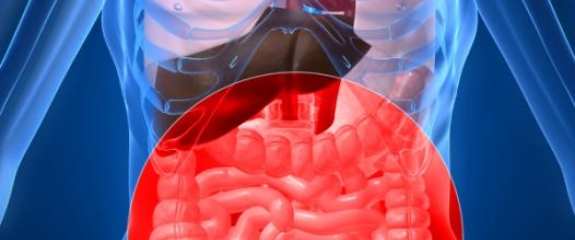Superbugs could be defeated by fecal transplantation

Two of the most common antibiotic-resistant hospital superbugs could be eliminated by fecal transplantation of a healthy gut microbiome, say researchers. Fecal transplants in mice cleared K. pneumoniae in the intestines. In humans, stool transplants have been effective against C. difficile. The study in mice has been published in PLOS Pathogens. It investigated the interactions between vancomycin-resistant Enterococcus faecium (VRE) and multidrug-resistant Klebsiella pneumoniae in the intestinal environment. Dr. Eric Pamer, from the Memorial Sloan-Kettering Cancer Center in New York City, NY, and colleagues used a mouse model of intestinal colonization to test whether intestinal domination by either VRE or K. pneumoniae would offer resistance against colonization by the other pathogen. The two pathogens together account for around 10% of serious hospital-acquired infections in the US. Both can colonize the gut and spread from there, and to other patients.


